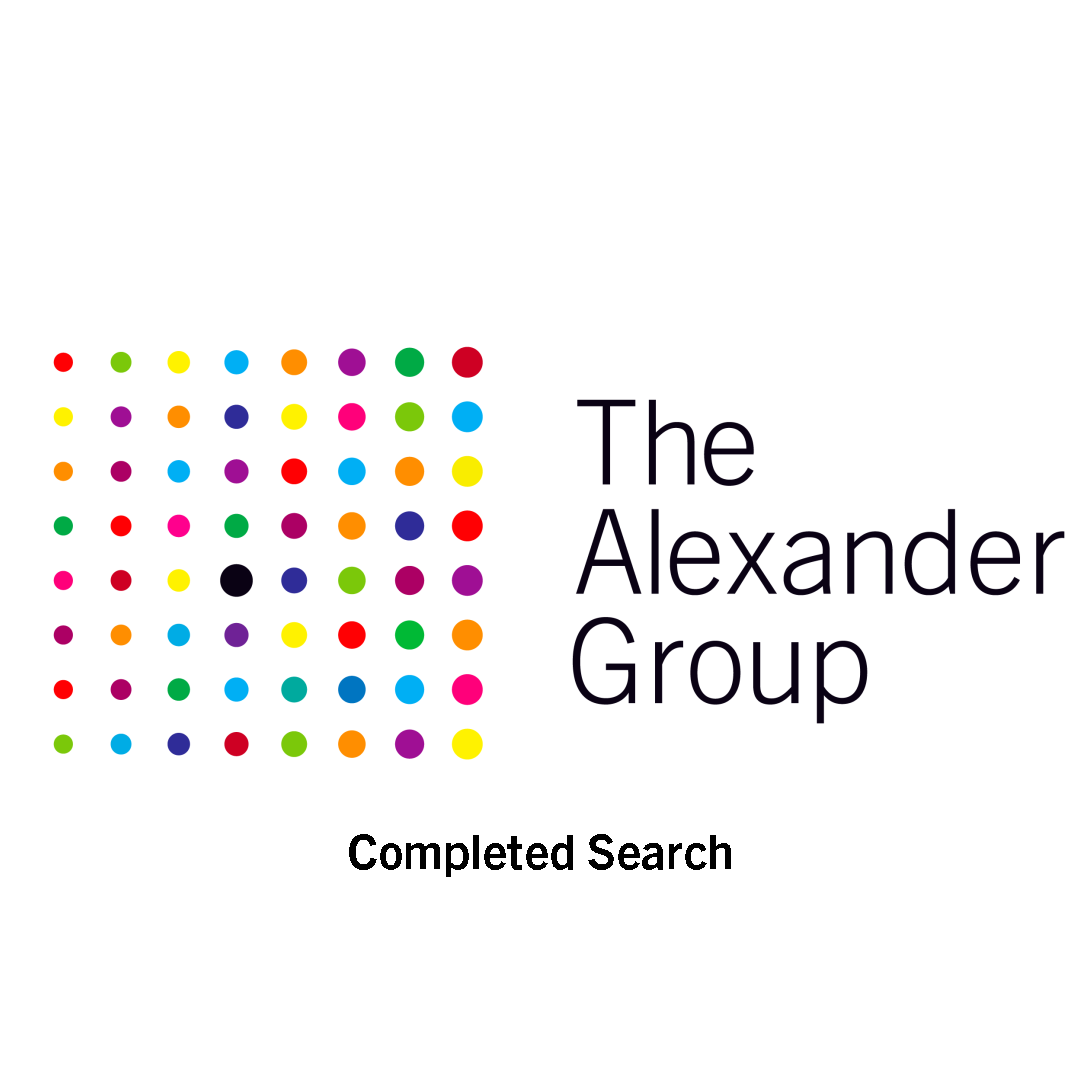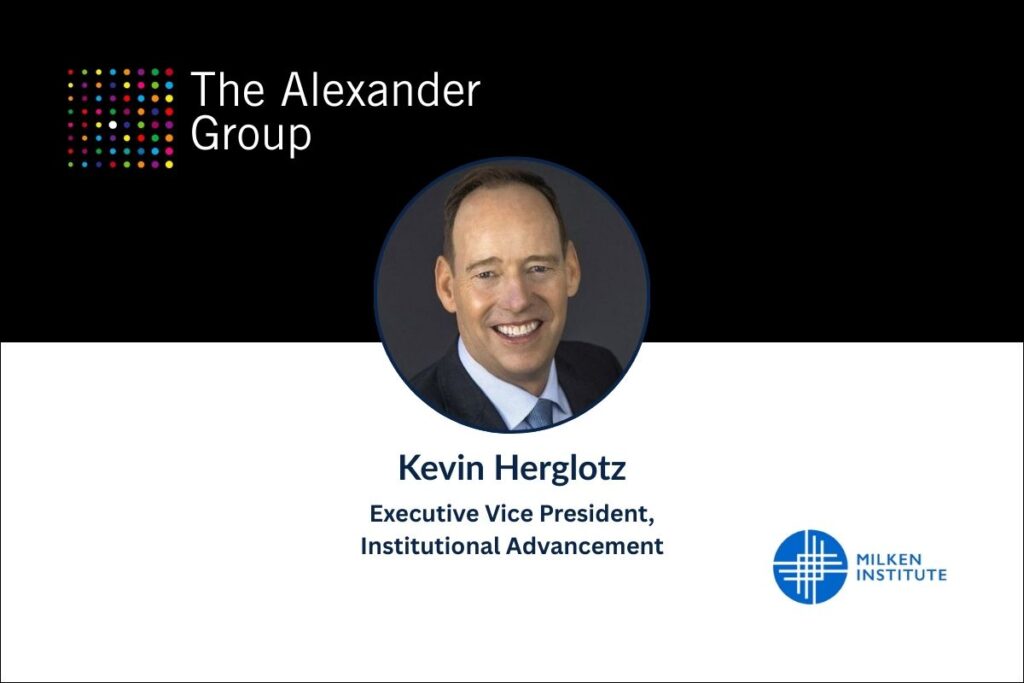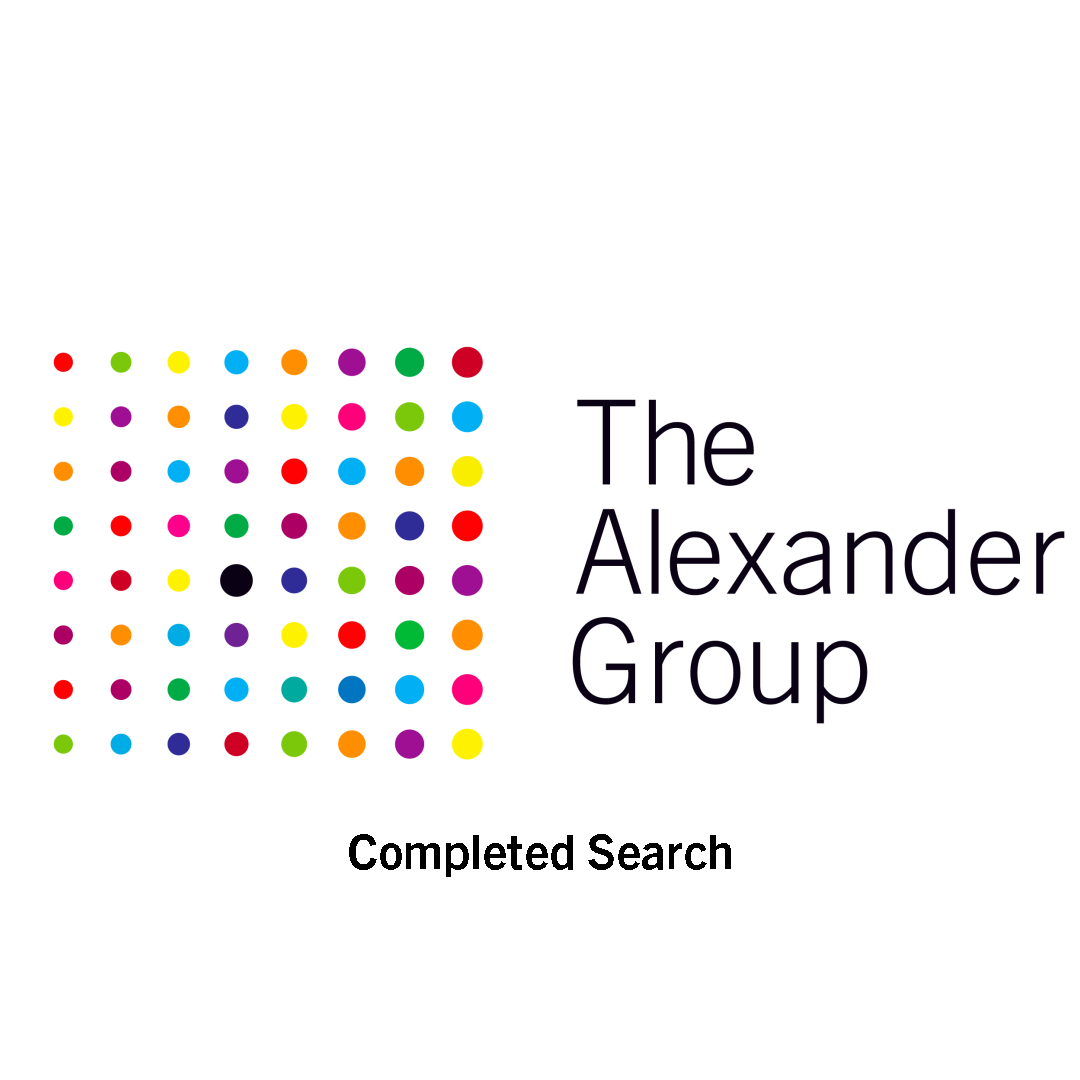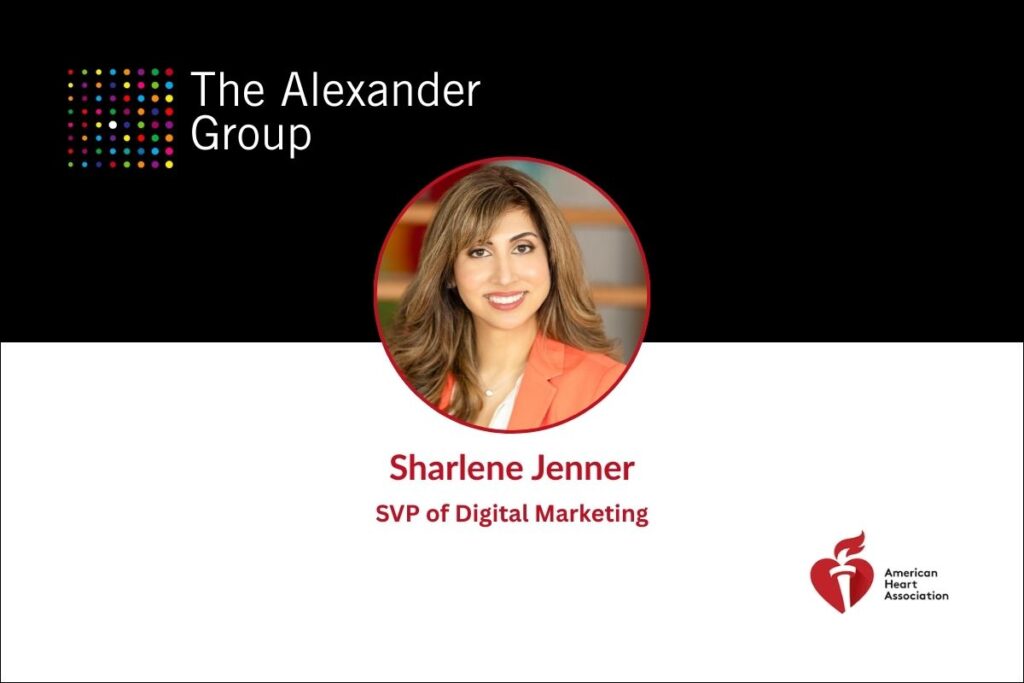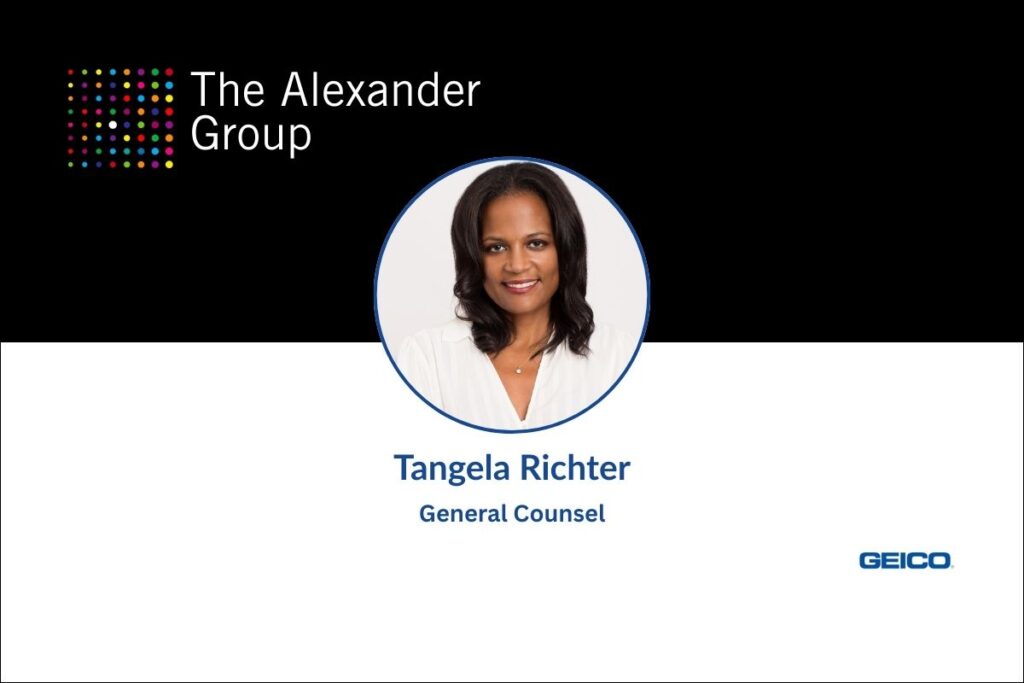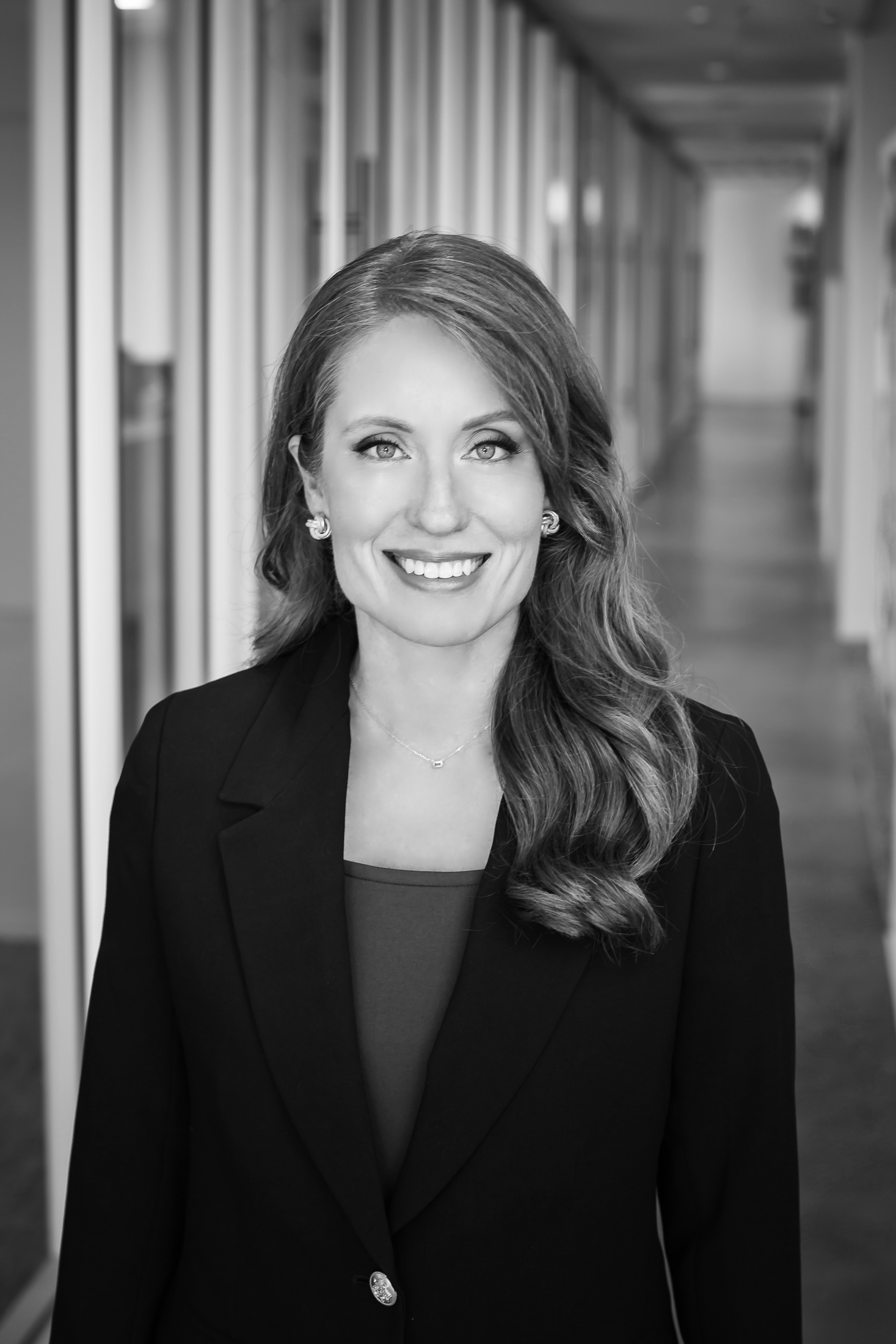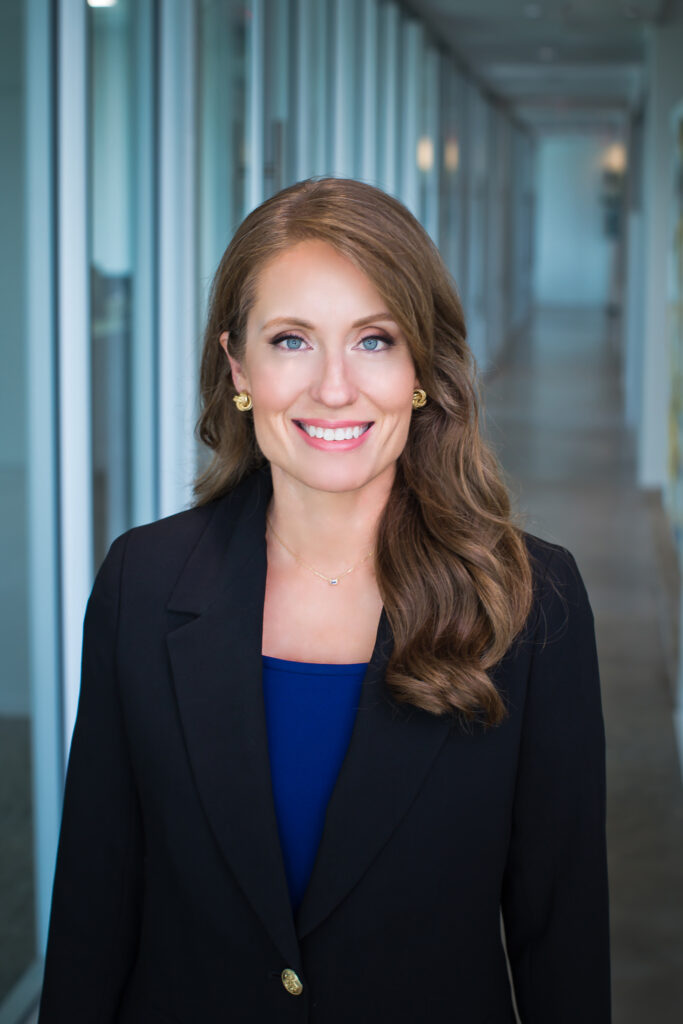A few months ago, I reached out to an individual at a Fortune 500 company about a potential opportunity with a client. His background was unusual in that he had leaped from a domestic role into a position with substantial global responsibility. As it turns out, there was a story there.
In his prior role, he had been in close competition with a colleague for an Asia Pacific position. He had more experience than his colleague and had been working long hours in preparation for the move. When his colleague was awarded the role however, he was dumbfounded. He’d been passed over for the promotion, and his spirit was crushed.
This is not an uncommon story. Many strong performers are ambitious and enthusiastic for their next internal role. Getting passed over is disheartening. The real question is, what do you do next?
Take a deep breath… keep your cool
After taking a few days to process his emotions, this executive spoke to his managers to garner a better understanding of the situation. They reassured him that big things were in the works. They encouraged him to maintain his work ethic and get better acquainted with what the company was doing—not only in Asia, but on a global scale.
Two years later, a global position opened in the organization and, today, he manages every region across the globe. And the colleague who was promoted to the APAC position? That colleague now reports to him.
He is a perfect example of what to do when faced with professional setbacks. Disappointment, anger, and frustration are natural reactions but “in the moment, those emotions may prompt you to vent to the wrong people, snap at your manager or, worse—quit,” warns Mike Guerchon, Chief People Officer at Okta. It’s crucial to remember that “how you confront difficult situations is a reflection of your maturity and readiness to take a leadership position.” Keep your composure and maintain a professional demeanor.
Also, be sure to not let this disappointment reflect poorly on your performance. You still have a team to manage, targets to achieve and numbers to nail. “Don’t let those emotions interfere with your productivity,” writes Forbes contributor Andy Molinsky. Resilience is key. How you deal with disappointment demonstrates your EQ and readiness to take on additional leadership responsibilities.
“It’s not always possible to make things better, but it is always possible to make things worse,” advised Ben Dattner, author of The Blame Game and founder of Dattner Consulting. This is critical to remember while emotions are running high. Take a deep breath, go through the emotions once you have left the office, and collect your thoughts on how to proceed.
Talk to your manager
After the heat of the moment has passed, and your emotions have calmed, approach your manager and have a candid conversation. Listen closely, and be inquisitive.
While a combination of variables can influence internal talent decisions, here are a few common culprits that may be at play:
- Background is too light. Every organization has specific needs. If the role encompasses a broad range of responsibilities, you may be missing a key component, such as international experience, change management or business development.
- Too experienced. Yes, it happens! Fulfillment requires a balance between the knowledge to get the job done and the opportunity to grow. If you can do the role in your sleep, you’ll be bored in less than a year and casting your eye to the horizon.
- Lack of gravitas. Do you project a polished, professional approach? Are you engaging, calm and confident? Consider how you connect with clients, colleagues and the highest levels of management.
- Politics. “As much as we all wish promotions would go to the most talented, hardworking and dedicated people,” writes one Forbes contributor, “decades of office politics tell us that’s not always the case.”
- Bad timing. Are you halfway through a critical project? Been in your role less than a year or two? Are organizational changes in the works that may impact your position? Timing is everything, and sometimes beyond your control.
- It’s not you. Sometimes, there is simply someone better suited for the role. Maybe the person you were up against has slightly more experience or contributed to the bottom line in a way you’re not aware of. Or there could be broader, long-term factors involved.
Plan your next move
Now that you’ve gone through the emotions and have gained a clearer understanding as to why you were passed up, it’s time to transform a negative situation into a springboard for opportunity.
- If you discover you are missing specific experience, talk to your manager about a career plan so you get that experience. Reinvest in your current role, and look for opportunities to innovate and expand your scope of work.
- Are you missing soft skills, such as diplomacy, communication skills or emotional intelligence? Ask a mentor for honest feedback and get coaching if you need to. Take up a management training course to hone leadership qualities.
- Bad timing? Short tenures and unfinished projects reflect poorly on you and disrupt your organization’s productivity. Invest more time in your current role. It will pay off in the long term.
- If you suspect politics are at play, find a way to heal bad blood. Network with the people in the department or region to which you aspire. Build a base of positive support, especially among top leaders.
Know when to leave
Internal opportunities for advancement can be limited, especially as you rise to more senior levels. If, after careful assessment, you believe you’ve reached an impasse, it may be time to explore external opportunities.
While conducting a search for a Chief Marketing Officer for an Am Law 100 firm, I met a potential candidate who at the time served as a Director of Marketing. I asked her why she was considering a new opportunity. She told me that there had been turnover in the senior leadership at her firm, and most of the C-suite had turned over in the past two years. When the CMO announced his retirement, she was confident that she would be offered the position. Around the same time, however, a new Chief Operating Officer joined the firm and, rather than promoting from within, he brought the CMO from his former firm on board.
This candidate handled the situation with grace and humility, but quietly started exploring the market. She knew she was ready for the next step in her career, and without a viable near-term option at her current firm, she prepared to make her move.
Today, she is Chief Marketing Officer at a prestigious and profitable international law firm. She left her former firm on good terms and exemplifies the type of individual our clients retain us to recruit.
“Getting passed over for a promotion can feel like an impossible-to-overcome roadblock in your career path,” advises one Forbes contributor. “But by learning as much as you can from what went wrong and staying resilient, you can turn a negative into a positive that’ll help you land the next one.”

